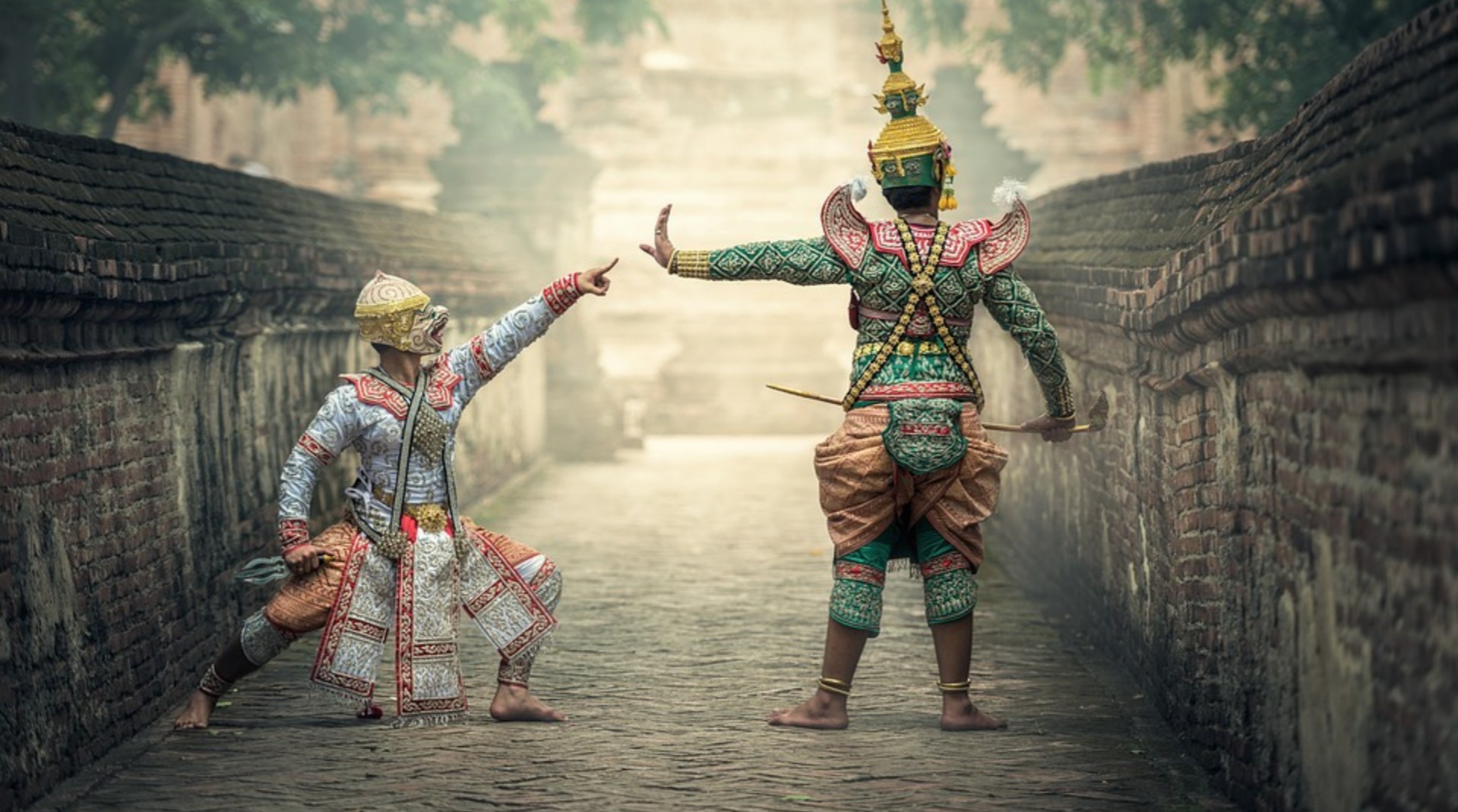
Source: Outside the Reality Machine
by Jon Rappoport
October 29, 2016
In this case, I mean Jung’s own shadow, the one that squirms and crawls and dashes and flies and disappears and reappears in a different form and never remains in one place for very long, because it is preoccupied with dynamic motion—and that is the outcome of Jung, after all his works were done…a man and a mind restlessly piercing the frontiers of life and bringing back ever-changing gifts, an alchemist transmuting his own ideas and insights into upper and lower levels of a vast sprawling city of the future…Jung, 1928: “…the dream is the theater where the dreamer is at once scene, actor, prompter, stage manager, author, audience, and critic.”
Jung, 1963: ‘‘The shadow is that hidden, repressed, for the most part inferior and guilt-laden personality whose ultimate ramifications reach back into the realm of our animal ancestors and so comprise the whole historical aspect of the unconscious.’’
Jung, 1921: “The dynamic principle of fantasy is play, a characteristic also of the child, and as such it appears inconsistent with the principle of serious work. But without this playing with fantasy no creative work has ever yet come to birth. The debt we owe to the play of imagination is incalculable.”
Jung, 1931: “Here and there it happened in my practice that a patient grew beyond himself because of unknown potentialities, and this became an experience of prime importance to me. I had learned in the meanwhile that the greatest and most important problems of life are all in a certain sense insoluble. They must be so because they express the necessary polarity inherent in every self-regulating system. They can never be solved, but only outgrown.”
On the surface, it appeared that Jung was wrestling with his discoveries, attempting to corral them into an organized system. But underneath, he was launched on a far more adventurous voyage. His critics never realized that his pronouncements were always provisional, and sometimes came around and fastened on to their own tails.
Humans want snapshots. They want to stop time and draw definitive and final conclusions about other humans. They want to deposit dry packets of data in banks of perfection.
Jung was an artist of psychology. He was always painting it, scrubbing out old sections, adding new ones, making ideas collide with one another, confident that polarity was the electric spark that generated new twists and turns in the voyage into the future.
If he played the role of scientist, it was in order to locate hypothetical possibilities that would stir him to paddle into new tunnels and rivers of the secret soul.
And every human has secrets. They propel him into greater achievements, if he will permit it, if he will resist the urge to make a petty confession out of his existence.
The secret has force. The secret has strength. The secret does not bow down. The secret is the kernel of great energy that never dies. The secret is the untranslatable. From the secret comes endless expression, not translation.
Jon Rappoport

Truth Comes to Light highlights writers and video creators who ask the difficult questions while sharing their unique insights and visions.
Everything posted on this site is done in the spirit of conversation. Please do your own research and trust yourself when reading and giving consideration to anything that appears here or anywhere else.










